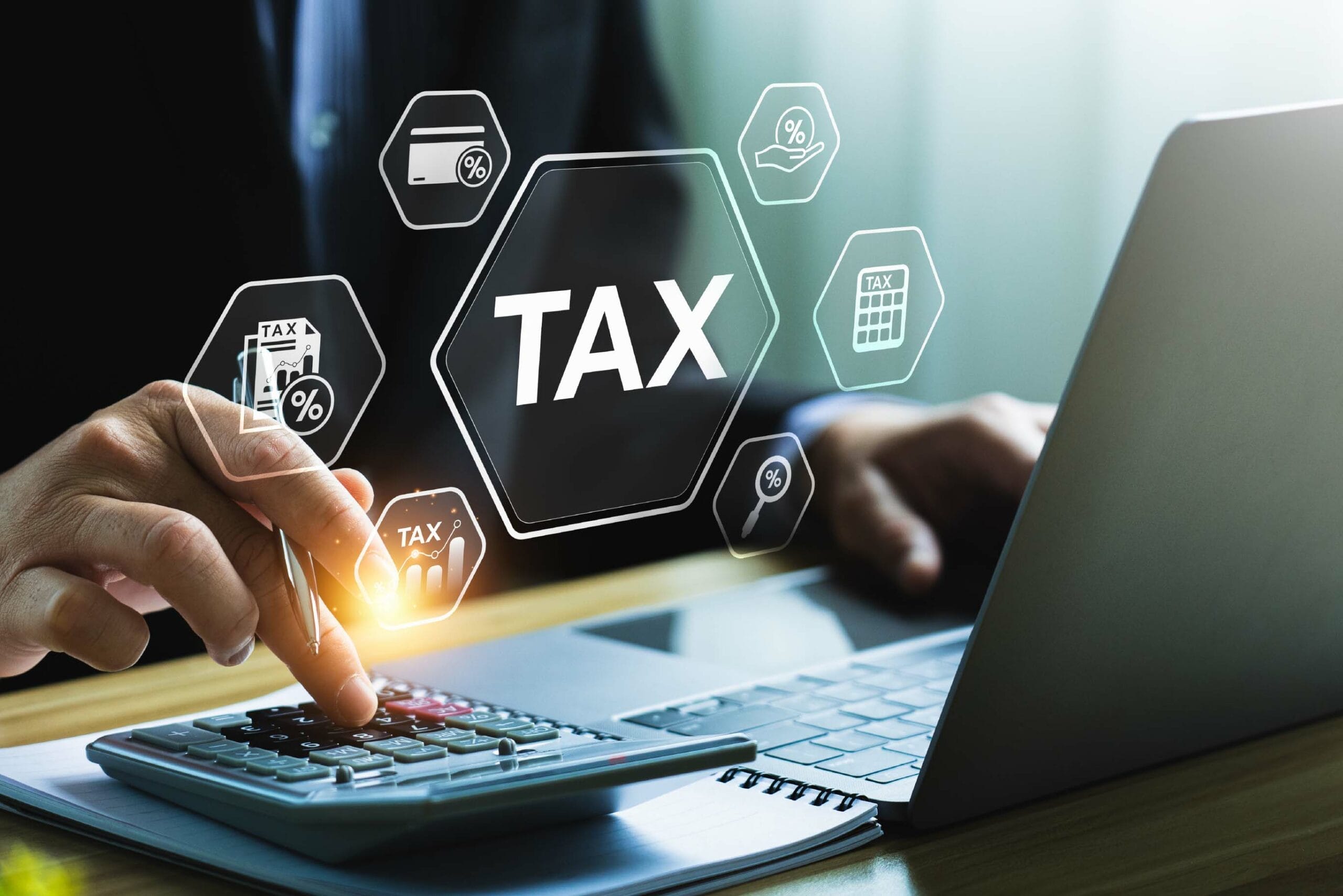
Bitcoin mining, the process through which new Bitcoins are created, and transactions are added to the blockchain, has become a way to make money for many individuals. Miners provide computing power to solve complex mathematical problems, and in return, they receive newly minted Bitcoins. This decentralized system has gained popularity, but with the rewards come responsibilities, including understanding the tax implications that go along with Bitcoin mining.
*This article is not intended to give specific tax or financial advice. Readers should consult financial professionals to learn about the details that are applicable to them.*
As the crypto market matures, tax authorities around the world are paying closer attention to transactions that involve digital assets. Bitcoin miners must be aware of their tax obligations to avoid legal issues and ensure they are following all tax regulations. This article takes a look at the taxable events, methods for providing Bitcoin value, reporting requirements, deductible expenses, and other crucial aspects of paying taxes on mined Bitcoin.
Bitcoin mining triggers several taxable events, including the receipt of mining rewards and the sale or exchange of mined coins. Understanding these events is crucial for tax reporting on mined Bitcoin. However, different scenarios, such as mining as a hobby or a business, may have varying tax results.
The IRS and other governing authorities view mining rewards as taxable income, and failure to report them can lead to legal consequences. That's why miners need to recognize these rewards as part of their income for tax purposes.
Determining the fair market value of mined Bitcoins can be difficult due to market volatility and other factors. Tax authorities accept various methods for establishing value, such as using the exchange rate at the time of receipt or using the average of the price over a specific period. As a result, miners should be aware of these methods for accurate reporting.
Accurately giving Bitcoin's value is crucial for calculating tax liability. Miners need to understand the importance of precise valuation and its impact on their tax reporting. Providing inaccurate value for crypto, or not giving a valuation at all, may throw up a red flag to the governing authorities, leading to a tax audit.
Mined Bitcoin is considered income and must be included in tax returns. That means miners may need to use specific tax forms, such as Schedule C or Form 1040, to report their mining income. Additionally, miners can use tax software or seek professional assistance to ensure accurate and compliant reporting.
Certain expenses related to mining activities are deductible, helping miners reduce their taxable income on mined Bitcoin. Equipment costs, electricity bills, and maintenance expenses are among the most common deductible costs for miners. Understanding these deductions can significantly impact tax liability.
Accurate documentation and record-keeping are crucial for claiming deductions. As a result, miners need to maintain detailed records to support their deductible expenses during tax filing.
This article has covered important aspects of paying taxes on mined Bitcoin, from taxable events to tax planning strategies. Responsible and informed tax practices is crucial for the broader acceptance of digital currencies. Miners play a pivotal role in shaping the perception of the industry, and responsible tax practices contribute to its legitimacy.
The crypto landscape is ever-evolving, and tax regulations may change. Miners must stay updated on the latest developments in the taxation of digital currency to ensure ongoing compliance with relevant laws and regulations.